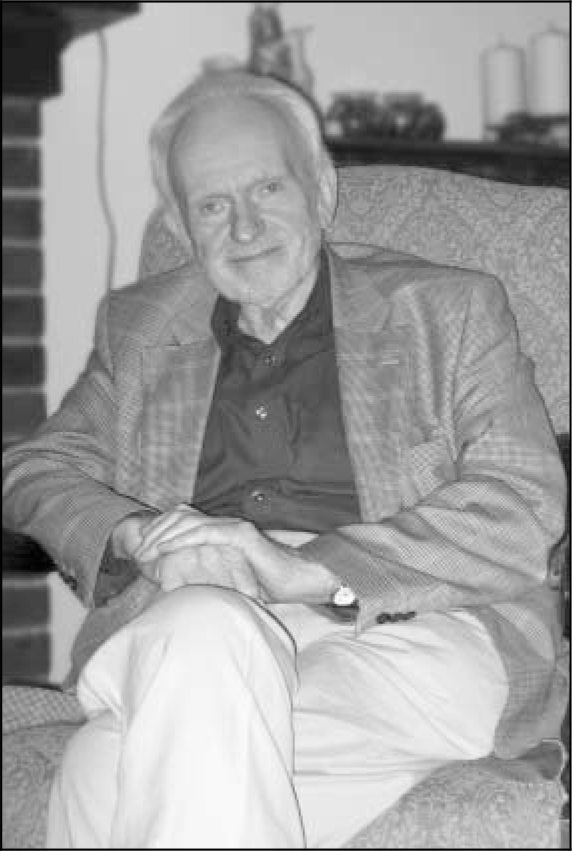Peter Mellett was born in London on 5 February 1923. He was educated at Latymer Upper School, Hammersmith where, by excelling so notably, he was in due course appointed School Captain, perhaps an indication of comparable achievements yet to come.
In the Second World War he enlisted in the army and, after service in communications, was posted to the Mhow barracks in India, for training as an officer in the Royal Corps of Signals. Subsequently, he served in the army of occupation in Japan. It was in India that he developed lasting interests in religion, mysticism and Hinduism.
Following demobilisation he decided to fulfil his ambition to become a doctor, was accepted as a student at the Middlesex Hospital and graduated MBBS in 1953. The customary house jobs followed, including posts at Harefield and the Brompton Hospitals. He then succeeded in obtaining a post at L’Hôpital Salpétrière, the American Hospital in Paris.

Later, Peter trained in psychiatry, although continuing and expanding a lifelong interest in psychosomatic medicine. He grew increasingly convinced of psychological factors in the aetiology and prognosis of chest disease, especially asthma. He passed the DPM (Eng) in 1963, the MRCPsych in 1971 and was elected FRCPsych in 1977.
Today, Peter's contribution to psychosomatic medicine and hypnosis is both widely recognised and highly respected. A Fellow of the Royal College of Psychiatrists he was also a member and past President of the Society for Psychosomatic Research. His other responsibilities involved Membership and past Presidency of the Section for Hypnosis and Psychosomatic Medicine of the Royal Society of Medicine while, ex officio, being Vice-President and Fellow of the Royal Society of Medicine with membership of the Academic Board. He was also President of the Medical and Dental Hypnosis Section of the Royal Society of Medicine and a Fellow of the International College of Psychosomatic Medicine.
His publications include: The Coming of Age of Psychosomatic Medicine, co-edited with Dr Malcolm Carruthers (1977); The Foundation of Psychosomatics, co-edited with Professor Margaret Christie (1981); and the Psychosomatic Approach (1986). Further examples of his contributions are seen in papers concerning hypnosis, asthma, altered states of consciousness and obsessional states.
His last appointment in the National Health Service was as Consultant Psychiatrist to Horton Hospital, Epsom, Surrey.
In committee he showed wise tolerance and a capacity to listen to arguments despite his holding diametrically opposed opinions. He held an unequivocal belief that medicine is an art rather than a science.
Peter died in Epsom Hospital on 2 March 2006 aged 83. He will be sadly missed, not only by his wife Christine, their son Edward and his brother Fred, but by a host of friends, colleagues and patients, to whom he gave such kindness, counsel, warmth and wisdom.
The esteem in which he was held was signified by the many who attended his funeral service and the large number of glowing tributes accorded him in both local and national press.



eLetters
No eLetters have been published for this article.